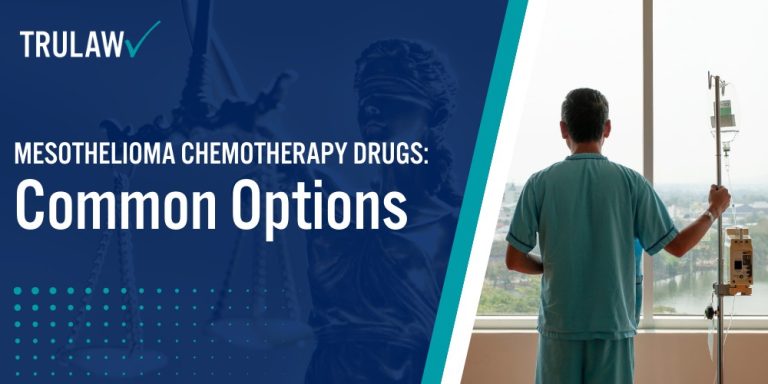Chemotherapy drugs for mesothelioma can be administered in different ways depending on the type and stage of the cancer, as well as the patient’s overall health.
The two main methods are systemic chemotherapy, which delivers the drugs throughout the entire body, and localized chemotherapy, which targets a specific area of the body affected by cancer.
The choice of administration method can significantly impact the effectiveness of the treatment and the severity of side effects experienced by the patient.
Systemic vs. Localized Chemotherapy for Pleural Mesothelioma
Systemic chemotherapy is the most common method for treating advanced pleural mesothelioma.
This approach involves administering the drugs intravenously, allowing them to travel through the bloodstream and reach cancer cells throughout the body.
While systemic chemotherapy can be effective in shrinking mesothelioma tumors and slowing disease progression, it also comes with significant side effects as the drugs damage healthy cells along with cancer cells.
Localized chemotherapy methods for pleural mesothelioma chemotherapy include:
- Intrapleural chemotherapy: Drugs are injected directly into the chest cavity to target cancer cells in the lining of the lungs.
- Heated intraoperative chemotherapy (HIOC): Heated chemotherapy drugs are circulated in the chest cavity for 60-90 minutes immediately after surgery to remove visible tumors.
- Intracavitary chemotherapy: Chemotherapy drugs are placed directly into the chest cavity through a catheter, allowing higher doses to directly target cancer cells.
- Intravenous chemotherapy with vitamin supplementation: Intravenous chemotherapy is administered along with vitamin supplements to reduce side effects and improve quality of life.
Localized chemotherapy methods allow for higher doses of chemotherapy drugs to be delivered directly to the affected area while limiting exposure to the rest of the body.
This targeted approach can increase the effectiveness of the treatment while reducing systemic side effects.
However, localized chemotherapy is not always an option for patients with advanced pleural mesothelioma that has spread beyond the chest cavity.
Innovative Drug Delivery Systems in Mesothelioma Treatment
Researchers are continually developing new drug delivery systems to improve the effectiveness of chemotherapy for mesothelioma while reducing side effects.
These innovative approaches aim to deliver chemotherapy drugs directly to cancer cells while sparing healthy tissue.
Some examples of innovative drug delivery systems being studied for mesothelioma treatment include:
- Nanoparticle drug delivery: Chemotherapy drugs are encapsulated in tiny nanoparticles that are engineered to specifically target and destroy cancer cells, limiting damage to healthy cells.
- Immunotherapy drug carriers: Chemotherapy drugs are attached to antibodies or other immune system proteins that recognize and bind to cancer cells, delivering the drugs directly to their target.
- Targeted therapy drugs: These drugs are designed to target specific molecules or pathways that are overactive in mesothelioma cells, blocking their growth and survival signals.
- Hyperthermic intraperitoneal chemotherapy (HIPEC): This approach involves heating chemotherapy drugs and circulating them in the abdominal cavity immediately after surgery to remove tumors, allowing for high doses of drugs to directly target any remaining cancer cells.
While many of these innovative drug delivery systems are still in the early stages of development and testing, they offer hope for improving the effectiveness of chemotherapy for mesothelioma in the future.
By delivering drugs directly to cancer cells and limiting exposure to healthy tissue, these targeted approaches have the potential to improve outcomes and quality of life for patients undergoing chemotherapy treatment for this aggressive cancer.



